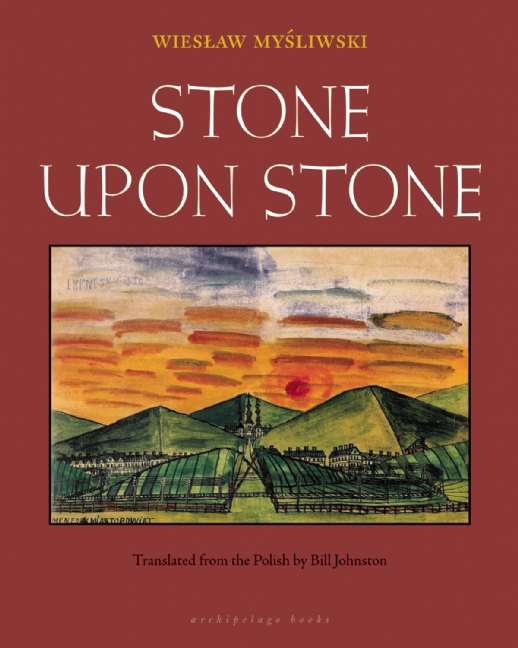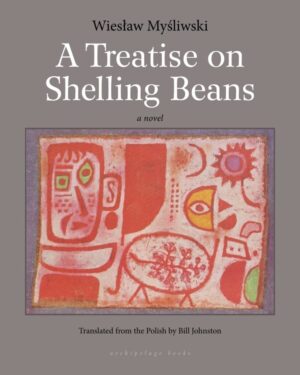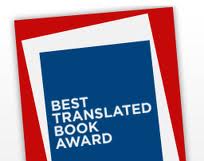A marvel of narrative seduction, a rare double masterpiece of storytelling and translation. . . . Mysliwski's prose, replete with wit and an almost casual intensity, skips nimbly from one emotional register to the next, carrying dramatic force. . . . He manages tone so finely, orchestrating a perfect continuity between the tragic and the comic and, ultimately, between life and death. . . . In his translation Bill Johnston navigates Mysliwski's modulations with skill and the lightness of touch that is generally the face of profound labour.
— Times Literary Supplement
A seamless epic . . . Fresh and surprising . . . Polish poet Czeslaw Milosz said that the poem that praises beauty must swallow all of death, and Stone Upon Stone does just that: illuminating the balance of beauty and brutality that defines our existence. . . . When Szymek says, 'The whole world is one big language,' we believe it. We cup our ears to listen. . . . That Stone Upon Stone reads like the grand novel it is, not a novel in translation, is a testament to Johnston's work and Mysliwski's singular vision.
— Orion
A hymn in praise of life.
— Krysytna Dąbrowska
Stone upon Stone is the first masterpiece in Slavic literature, perhaps even in European literature, in which the fate of the peasant attains the standing of human fate in all its tragic vastness.
— Anna Tatarkiewicz
Like a more agrarian Beckett, a less gothic Faulkner, a slightly warmer Laxness, Mysliwski masterfully renders in Johnston's gorgeous translation (Mysliwski's first into English) life in a Polish farming village before and after WWII. . . . Richly textured and wonderfully evocative, the novel renders Szymus as a distinctly memorable character, whose humor and hard-earned wisdom lend beauty to a bleak vision of a land destroyed by war and ravaged by history, and whose voice--sometimes warm, sometimes ornery, always elegiac--is undeniably original, his digressions and ruminations forming a story that reminds us that 'words are a great grace. When it comes down to it, what are you given other than words?'
— Publishers Weekly, starred
A marvelous, garrulous book ... The grandest example of a genre ... Szymek's rustic voice narrates with a naivete and an eloquence that are equally endearing, reaching into every corner of the Polish countryside like a great shining sun.
— The National
Exhilarating . . . In long, streaming paragraphs, Szymek recounts a life that is full of sorrow and happiness. He talks about everything a life can contain: lovers, drinking, war, death, accidents, experience . . . A dizzying array of memories and stories.
— The Minneapolis Star Tribune
Myśliwski never takes a false narrative step, because on this flowing narrative river of a road, there can be no such thing as a false step.
— The Quarterly Conversation
This 500+ page novel will reward the patient reader with a remarkably detailed understanding of postwar life in rural Poland and, by extension, the human condition in general.
— Publishing Perspectives
Szymek's rambling tales, with digression following digression until the chapter (and, eventually, the whole book) comes full circle, are entertaining and thought-provoking, whether they are stories of joyous drunken rampages or suspense-filled moments in the cold, Polish forests, waiting for the enemy to appear. In the end, it's a book about life - but one, that begins, and ends, with the inescapable image of a tomb...
— Tony Malone, Tony's Reading LIst
[Myśliwski's prose] is vividly concrete, blazing with precise physical details, and brusque (though never the less acute) even when it comes to thorny philosophical questions. [...] The recursive, fragmented structure Myśliwski adopts will be familiar to even a casual reader of European postwar fiction. [...] There is, of course, a historicist argument to be made here, that these broken forms proceed from a catastrophic breakage of history, that their temporal and spatial juxtapositions — a maneuver deployed to astonishing effect in Stone Upon Stone.
— Los Angeles Review of Books




